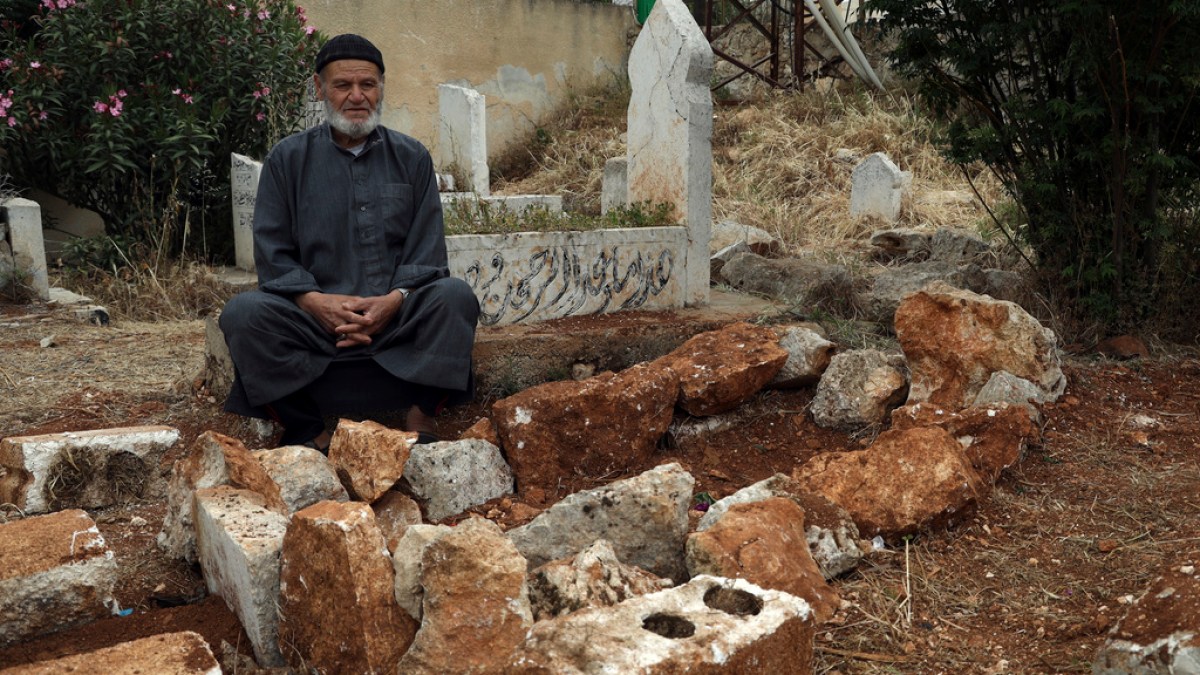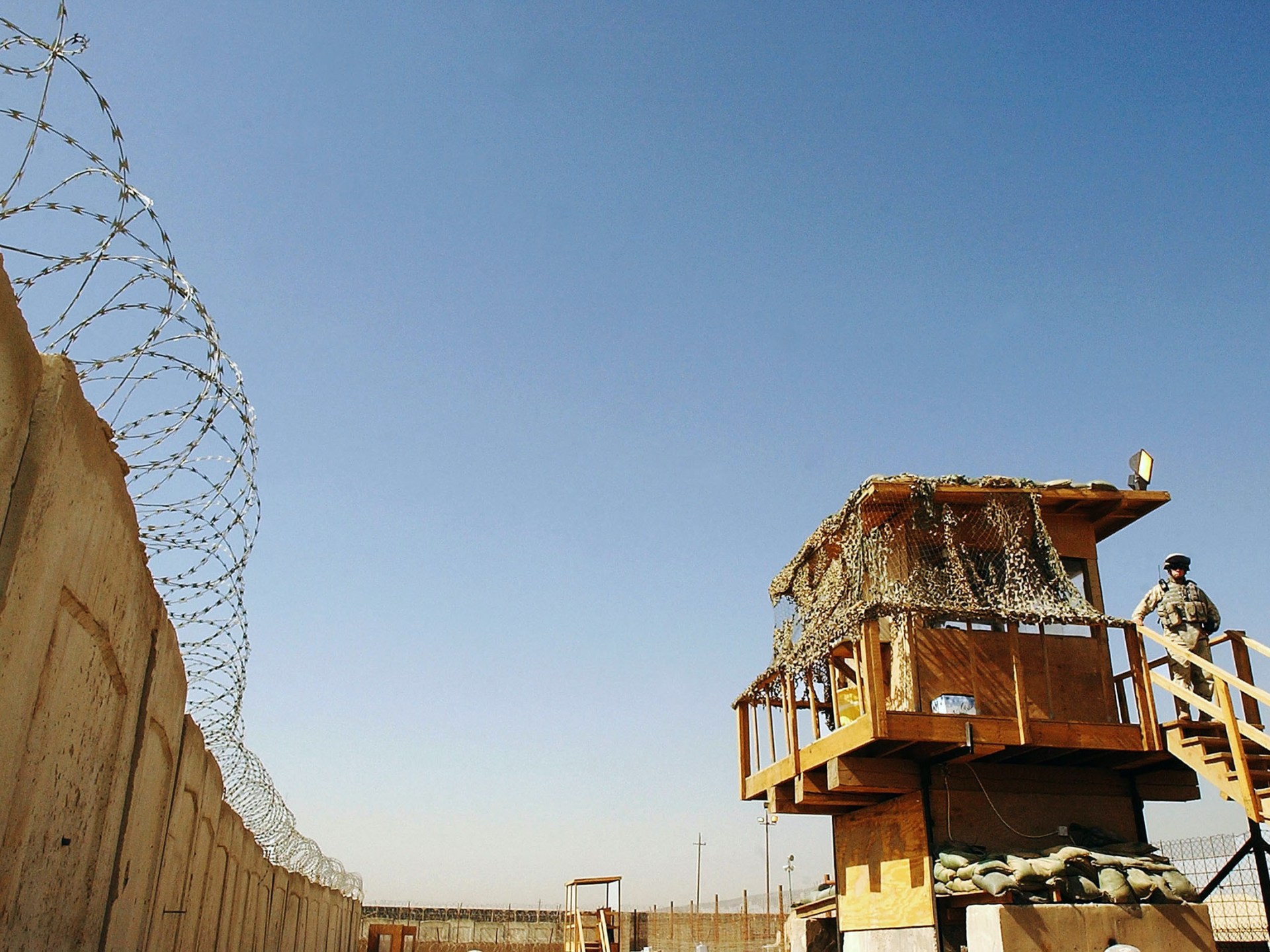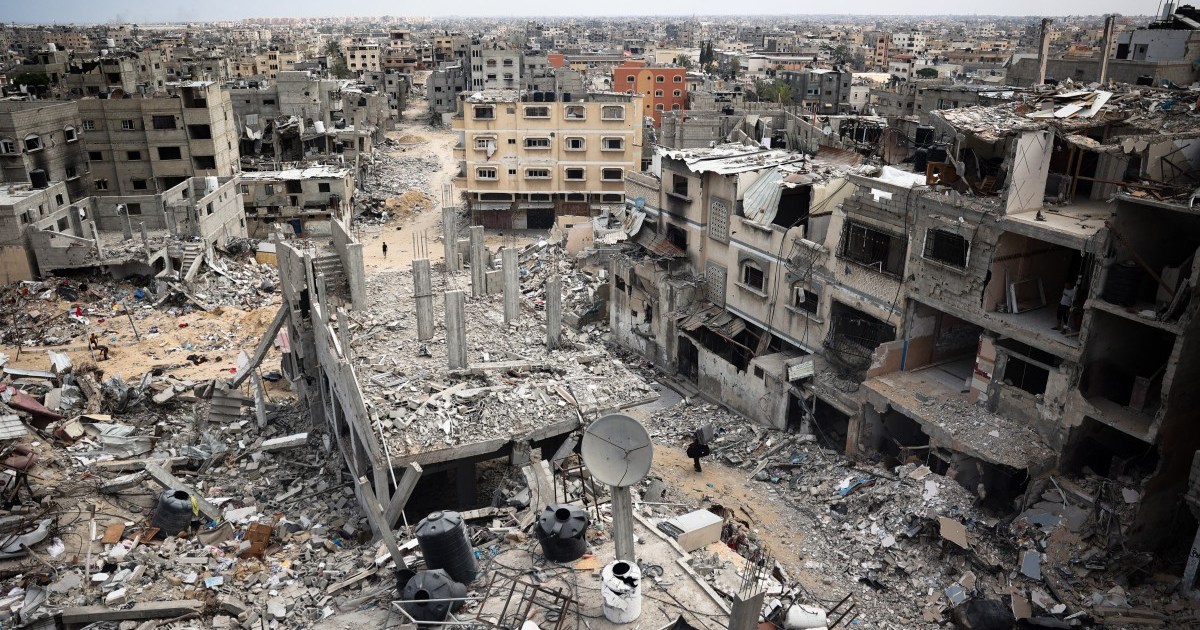Ghana’s women vendors and hawkers are hard to miss. Attired in bright colours and bold prints, they walk swiftly on capital Accra’s streets, bearing baskets with various items on their heads, as infants wrapped in cloth carriers sit clasping their shoulders. As key contributors to the country’s informal economy, the women make a fine balancing act look easy.
Their labour, like scores of fellow Ghanians’, is crucial not only for finding incomes for their families, but also for helping rebuild the country’s fragile national economy. In December 2022, Ghana defaulted on most of its $30 billion foreign debt, as its economy crashed. The government is currently grappling with creditors to restructure its debt. It is yet to secure a “workable debt deal” with bond holders.
Ghana, like several other African countries, is neck-deep in debt and stifled by its repayment schedule. Addressing the Paris Club in June last year, African Development Bank Group President Akinwumi A. Adesina said external outstanding debt service payments for 16 African countries rose to $22.3 billion in 2023, significantly burdening government revenue. For the median sub-Saharan African country, the loan interest to revenue ratio has doubled in the past decade to 11 % — a rate almost four times higher than in advanced economies, according to a 2023 International Monetary Fund publication.
Neither is Ghana’s situation peculiar, nor is the trend of excessive borrowing by governments confined to Africa. By end of 2023, the World Bank found 60 % of low-income countries to be in debt distress, or at high risk of it, and called for urgent action to prevent record debt repayments by the world’s poorest countries escalating into a full-blown crisis.
Middle-income countries are not insulated, as is evident from Sri Lanka’s case. In a similar predicament after its own economic meltdown and unprecedented default in 2022, the island nation is trying hard to finalise a debt treatment plan with its diverse set of creditors. Coming to an agreement, including with private bondholders, is a pre-requisite for the next instalment of the IMF’s package that the country hopes will revive its economy.

To reflect on the growing incidence of countries getting trapped in a cycle of debt and distress, economists and policy experts from different parts of the world converged at a recent international conference on the ‘African debt crisis’ in the coastal city of Accra. The forum, while foregrounding a pan-African position on the debt crisis, also put forth diverse views on other debates such as exiting Africa’s Colonial-era currency, the CFA franc that more than a dozen states in Africa have shared for some seven decades now. Organised by the International Development Economics Associates (IDEAs) network in late March, the conference flagged both, common features and distinct challenges of debt-distressed countries across Africa, Asia, and Latin America. Speakers sought substantial reform of the international financial architecture that, they argued, unfairly burdened the Global South. They mulled a more active role for the UN in negotiating debt treatment — including crucial haircuts on the principal amount owed — through a comparable system monitored by a transparent, multilateral body.
Senior Nigerian academic Adebayo Olukoshi contended that the relationship between creditors and debtor nations reproduces the dynamic of dominance and subordination in the post-colonial era. “Driven by international agencies and powerful actors, the narratives of ‘fastest growing economy’ and ‘emerging markets’ pushed many African governments into indiscriminate borrowing,” he noted, pointing to loans that invariably fuel consumption. “Cabals” comprising local elite, lawyers, and think tanks paid little attention to development outcomes of the high-interest loans, he said.
A response that “goes beyond proposals or ideas” becomes necessary because “first and foremost, the question of debt is a political one,” Prof. Olukoshi argued. In his view, debtor nations need to recalibrate the shifts in the relationships between former colonisers and “so-called independent countries”, as well as those between governments and the people, and people and the [local] elite to address the “debt conundrum”.
Noted Malaysian economist Jomo Kwame Sundaram cited the US Federal Reserve Bank’s decision to hike interest rates aggressively since 2022 as one of the chief reasons for the crisis facing the Global South. “In terms of the damage done to a number of economies, it was far more serious in Africa,” he said. “Low-income countries are increasingly borrowing from private creditors. Why? Because rich countries won’t make affordable credit available,” he said, pointing to the apparently predatory nature of private credit, that rarely gets attention amid the “propaganda around Chinese debt”. “In fact, the World Bank’s claim that Sustainable Development Goals would propel lending “from billions to trillions” has been the pretext for privileging private, commercial credit as finance supposedly necessary to achieve those SDGs,” Prof. Sundaram said.
All the same scholars underscored the need to critically evaluate Chinese debt too. “China is not the exact replica of the West, but all I am saying is China is clear about what it wants from Africa. Africa should be clear about what it wants from China,” Prof. Olukoshi said.

The “battle of narratives” on Africa’s debt problem came into sharp focus at the forum. Zambian political economist Grieve Chelwa argued that the premise that the current crisis is solely a problem of governance and corruption needs to be squarely challenged, for the problem of debt is structural. “The current [debt] problem cannot be reduced to financial mismanagement. That analysis will only lead to a repetition of the crisis. That is also why financial discipline that is advocated as a solution will never be enough to address it,” he said.
Presenting Zambia’s case, he flagged three historical forces – the extractive copper industry and the pricing mechanism for copper, the infrastructure drive in Zambia alongside a structural adjustment programme, and the role of the US and other Western countries’ monetary policy. Zambia has opted for a comprehensive debt treatment plan with its official creditors under the G20 Common Framework. Zambia’s approach is a test case, and the government is yet to firm up a debt relief plan even after protracted negotiations. The deal with private creditors, too, drags on.
Although the Paris Club group of creditors endorsed the G20 Common Framework, the initiative has not been very productive, according to José Antonio Ocampo, economist and former Minister of Finance and Public Credit, Colombia. “There is wider acceptance of the fact that the international financial architecture needs to be reformed. The push now is for an expanded role of multilateral banks and international cooperation on taxation,” he pointed out.
Until the architecture is reformed, indebted countries will invariably resort to more loans on similar terms and “structural adjustment programmes” that enable them, speakers cautioned.
Two decades of structural adjustment programmes show they kill growth, rather than reducing countries’ external debt stock, contended Senegalese development economist Ndongo Samba Sylla. “The oft-cited reasons of corruption and mismanagement are aggravating factors, not structural. The lack of monetary sovereignty is linked to the global system. The international financial architecture is telling our countries we won’t give you good prices or cheap credit,” he said.
Further, every debt-distressed country is seeing the crisis severely impacting its labour market. The private sector is laying off employees, while the public sector is freezing salaries. Informal sector workers are grappling with falling incomes and greater exploitation as their purchasing power diminishes, explained Mr. Ndongo, who heads Africa research for IDEAs.
(The writer was invited by the International Development Economic Associates (IDEAs) network for the conference held in Ghana last month).

 1 week ago
96
1 week ago
96



